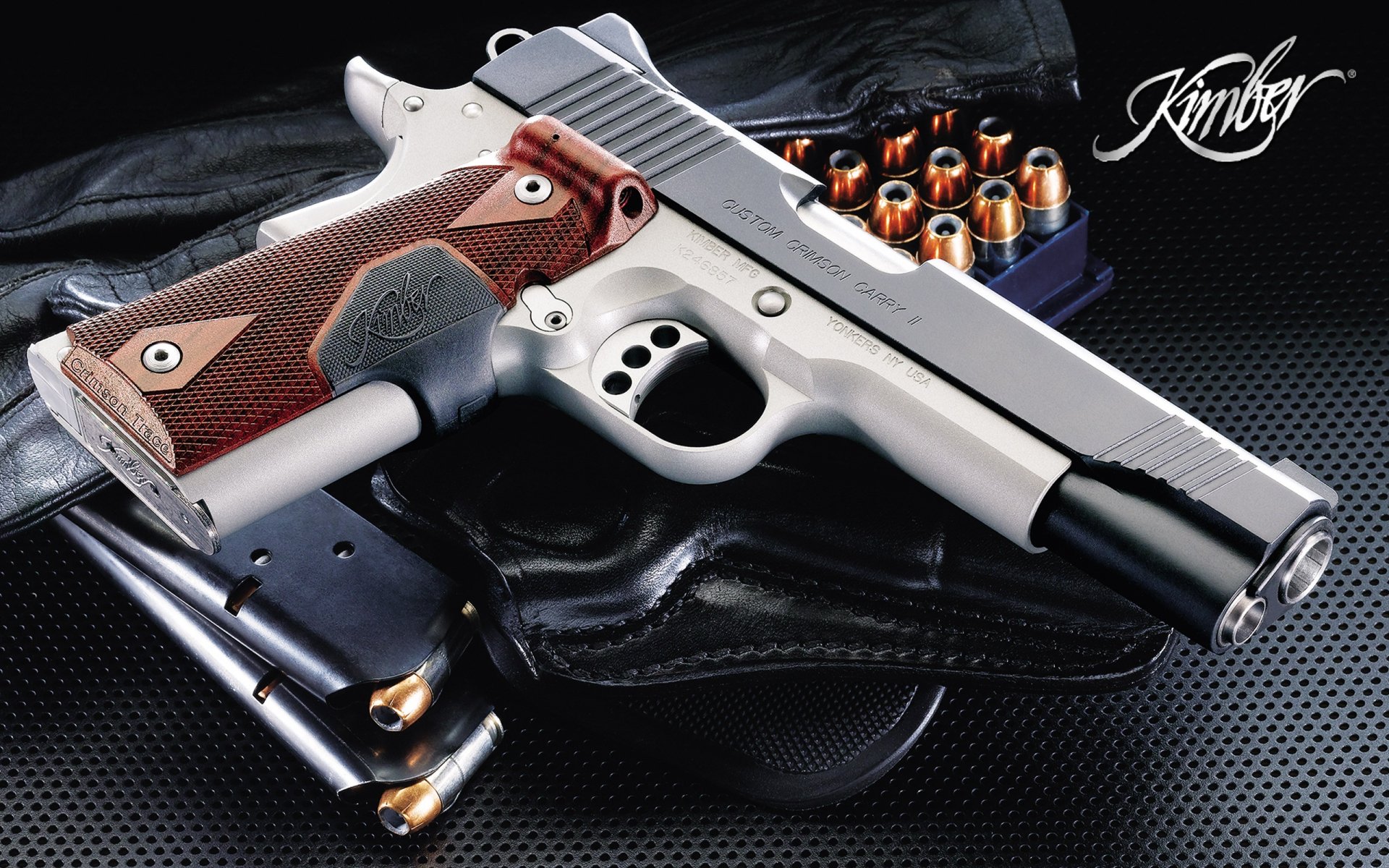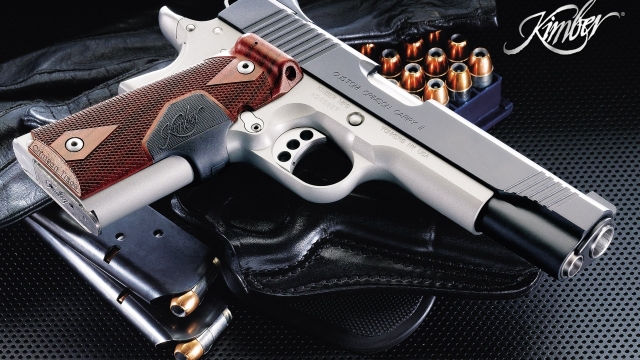Firearms have played a significant role in shaping the history of our world. From their invention centuries ago to their modern-day iterations, these powerful weapons have been a subject of fascination, controversy, and debate. Whether you view them as tools of protection, sportsmanship, or simply a means of self-expression, there is no denying the impact firearms have had on our society.
This article aims to delve into the world of firearms, providing a comprehensive guide to buying and selling these weapons. For enthusiasts, collectors, or those simply curious about firearms, this guide will explore various aspects such as legal considerations, factors to evaluate when purchasing, and tips on selling firearms. By unlocking the knowledge and understanding associated with firearms, we aim to shed light on this complex and riveting subject matter. So, brace yourself, as we take you on a journey into the realm of firearms, where power and responsibility go hand in hand.
1. Legal Requirements for Buying and Selling Firearms
When it comes to buying and selling firearms, understanding the legal requirements is crucial. The regulations surrounding firearms vary from country to country and even within different states or regions. Before engaging in any transactions, it is important to familiarize yourself with the specific laws and regulations that govern the buying and selling of firearms in your area.
One fundamental aspect of purchasing or selling firearms is conducting background checks. These checks are typically conducted to ensure that the buyer or seller does not have a criminal record or any other factors that might disqualify them from owning or handling firearms. In many places, a licensed firearms dealer is required to conduct these background checks for all prospective buyers.
Another key consideration is the age requirement for individuals looking to buy or sell firearms. In most places, there is a minimum age stipulation to prevent minors from obtaining firearms. This age limit may vary depending on the type of firearm and its intended use. It is essential to be aware of and comply with these age restrictions when engaging in any firearm-related transactions.
In addition to background checks and age requirements, the sale and purchase of firearms are also subject to various paperwork and registration processes. These processes are put in place to track the ownership and transfer of firearms, ensuring accountability and responsible handling of these potentially dangerous weapons. It is vital to understand and adhere to these paperwork requirements to ensure compliance with the law.
Remember, buying and selling firearms is a serious matter that necessitates strict adherence to legal requirements. By familiarizing yourself with the local regulations, conducting proper background checks, complying with age restrictions, and completing necessary paperwork, you can engage in safe and legal firearm transactions. Always prioritize safety and responsible ownership when dealing with firearms.
Best Practices for Buying Firearms
When it comes to purchasing firearms, it’s crucial to follow some best practices to ensure a safe and responsible transaction. Here are a few key tips to keep in mind:
Research Before You Buy: Before making a firearm purchase, take the time to educate yourself about different types of firearms, their features, and local regulations and laws. Understand the purpose for which you want to buy a firearm, whether it’s for sport shooting, self-defense, or hunting. This knowledge will empower you to make an informed decision and choose the right firearm for your needs.
Buy from Licensed Dealers: When purchasing a firearm, it’s advisable to buy from licensed dealers or reputable sellers. They have a legal obligation to follow the appropriate protocols and ensure that you are eligible to own a firearm. Licensed dealers will also provide the necessary paperwork, such as background checks and proper registration, to complete your purchase lawfully.
Safety First: Safety should always be a top priority when buying firearms. Make sure to handle firearms responsibly, even during the buying process. Ensure that the weapon is unloaded and that the seller demonstrates safe handling practices. It’s also recommended to participate in firearm safety courses or seek guidance from experienced firearms owners to familiarize yourself with proper storage, maintenance, and handling procedures. Remember, responsible gun ownership starts with being educated on firearm safety.
By following these best practices, you can navigate the process of buying firearms with confidence and ensure that you make responsible decisions every step of the way.

3. Tips for Selling Firearms Safely
Be responsible and thorough when verifying the identity of potential buyers. Before engaging in any transaction, it is crucial to ensure that the person you are dealing with is legally eligible to purchase firearms. Request and review valid identification documents, such as a driver’s license, to confirm their age and residency. Additionally, consider using online platforms or services that specialize in verifying the identities of buyers to further minimize any potential risks.
Exchange GunsCommunicate openly and honestly about the firearm being sold. Provide accurate and detailed descriptions of the firearm’s condition, including any modifications or accessories that may be included. Be transparent about the history of the firearm, such as previous owners or any incidents it may have been involved in. Honesty is key to maintaining a trustworthy community of firearm enthusiasts and ensuring that buyers can make informed decisions.
Follow local laws and regulations when finalizing a sale. Before completing a transaction, familiarize yourself with the specific legal requirements in your jurisdiction for selling firearms. This may include conducting background checks, registering the sale with local authorities, or obtaining the necessary permits and licenses. By adhering to these regulations, you not only protect yourself from legal complications but also contribute to ensuring that firearms are only in the hands of responsible and law-abiding individuals.
Remember, always prioritize safety and legality when selling firearms. By following these tips, you can promote responsible ownership and contribute to a secure firearms community.
